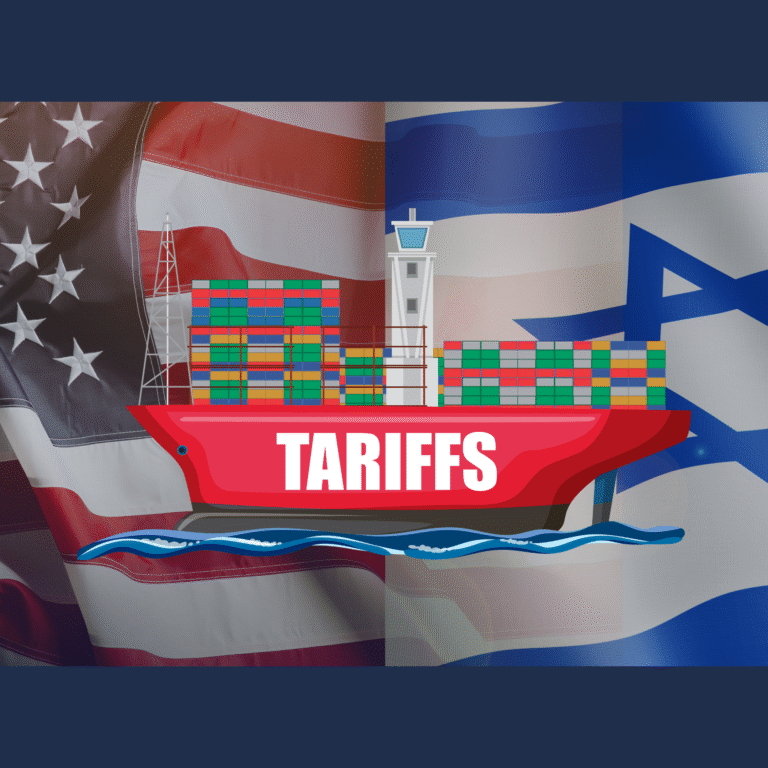

As financial advisors to US expats in Israel, we often get questions about how to transfer money internationally. Our guidance may apply to expats or Americans abroad who have relocated to many different countries.
But first, we’ve written these blogs about moving to and living in Israel which you may enjoy.
Checklist for moving to Israel
Financial planning for US citizens living abroad
Selling a house in Israel as a US citizen
Why US Expats should look before they leap into a Roth 401k
Compliance with reporting of foreign assets: tips for US expats to avoid stress
What expats need to know about Brokerage Accounts for non-US residents
When moving abroad, do you need to move your money outside the US; and if so, how?
If you are a US citizen, can you move internationally and hold your assets in a foreign investment account?
The answer is yes but three main items to consider.
- You may generally only hold individual stocks and bonds, in a non-US account (and certain US-listed exchange-traded funds too). The holding of foreign mutual funds or ETFs will trigger the US PFIC tax, which is burdensome.
- Tax compliance can be burdensome. You will need to file FBAR and FATCA disclosures to the US tax authorities, if you hold assets overseas over a certain threshold.
- You will have to file both local and US tax returns.
Bottom line – if you are a US citizen, better to keep your investments in the US. If you are living overseas, say in Israel, and you need money from your investment account, then we suggest to work with an advisor, who can convert dollars to shekels and send to you. We believe it is easier to receive shekels from overseas into Israel that other currencies. Please reach out for more details if you are considering the transfer of money overseas.
If you are a non-US citizen, can you open a US brokerage account?
The answer is in principle yes, however please note the following:
- Most US institutions will not open brokerage accounts for non-US citizens residing outside the US. Some will – please reach out for more information if you are looking to do this.
- The threshold for the imposition of inheritance tax for non-US citizens living outside the US is $60,000 (as opposed to more than $5 million for US citizens). The tax above this threshold may exceed 40%.
How to transfer money internationally: summary points
Each bank and country has specific wire instructions, which include the name of the receiving party, the bank name and branch, the account number, IBAN and SWIFT numbers (you will receive the last two from the receiving bank).
In the event that you are sending the money to a brokerage account, as opposed to a bank account, then it is important to put in an extra line in the comments section saying, for example, “Further credit Moses Smith”, plus the brokerage account number.
When discussing the transfer of money overseas, the key takeaways are:
- Your own personal tax domicile, citizenship and specific personal issues are the key factors in determining where to keep one’s money.
- Political factors are largely irrelevant. If one for example had a negative view on US stocks, then he or she may simply buy international stocks in his or her US brokerage account.
- The chances of the US or Israeli government being able to freeze or “steal” one’s existing investment or retirement accounts are close to zero. Laws protecting your assets and savings would have to be changed first. Governments typically first resort to taxation as a means of gaining extra revenue.
Financial advice for expats
We are expat financial advisors located in Israel and the US, serving expats globally.
https://www.youtube.com/watch?v=-RqHE89TJZc
If you are moving to Israel or another country and don’t know where to start when it comes to the financial side of things, or hold US or foreign assets and need help figuring out your retirement as an expat, please contact us.
Have questions about retiring in Israel? We’re having a series of webinars on this topic. We’re also publishing blogs on this subject.
JOIN the newsletter list here to stay informed.
Disclaimer
Nardis Advisors LLC (“Nardis”) is a Registered Investment Advisory Firm regulated by the U.S Securities and Exchange Commission in accordance and compliance with applicable securities laws and regulations. Registration does not imply a certain level of skill or training. Nardis does not render or offer to render personalized investment advice through this medium. The information provided herein is for informational purposes only and does not constitute financial, investment or legal advice. Investment advice can only be rendered after delivery of the Firm’s disclosure statement (Form ADV Part 2) and execution of an investment advisory agreement between the client and Nardis.





